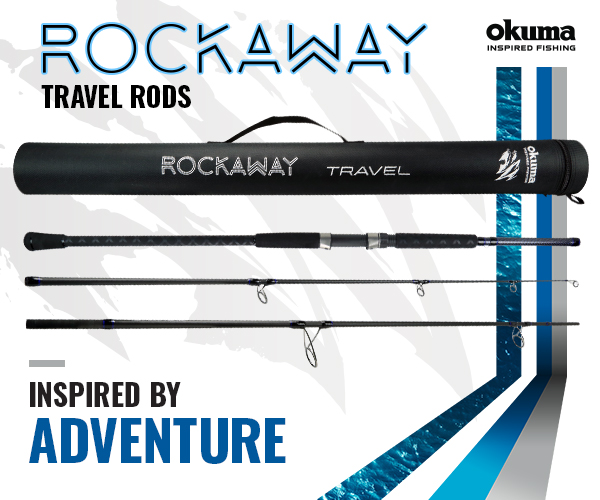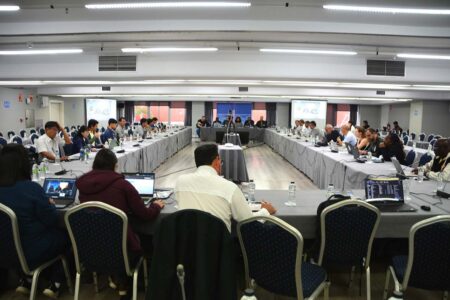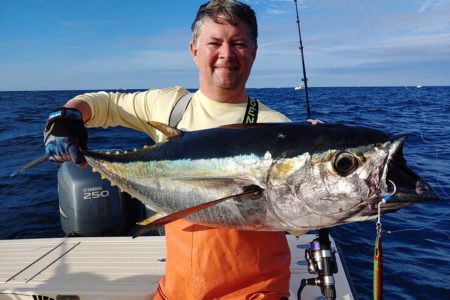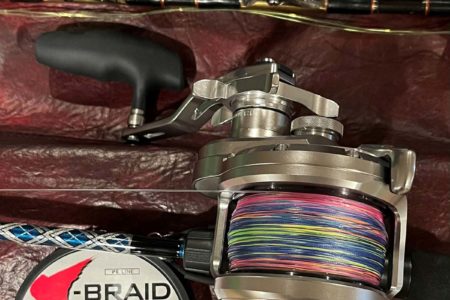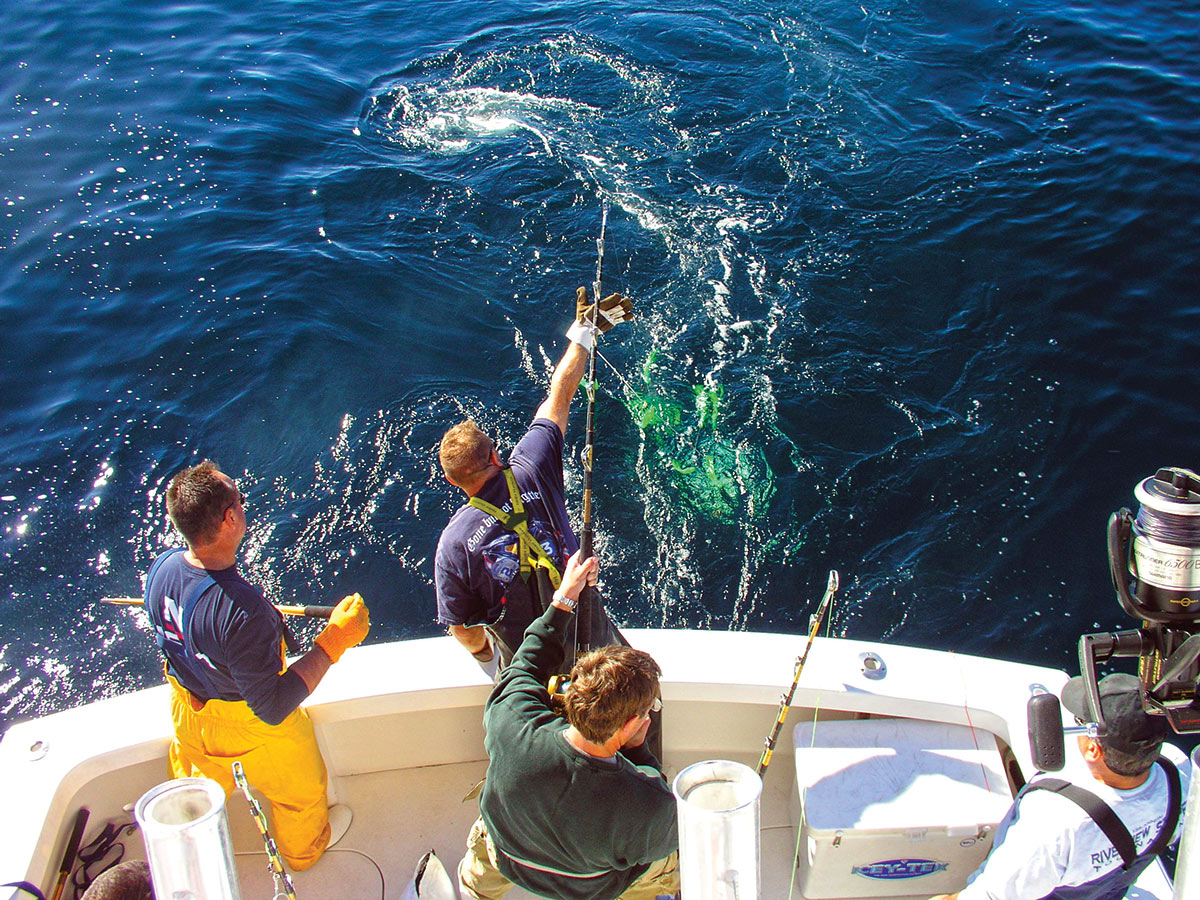
Getting your crew involved in as many aspects of fishing as possible will enhance the team experience and the overall feeling of success for everyone.
When I run open charters often the first question asked is how we determine who reels in the fish and who keeps it. Normally the fares draw playing cards to form a “batting order” and switch who is up every half hour. When a fish strikes, whoever is up starts off as the primary angler. Often the group will pass the rod off as they get tired, giving several anglers a chance to fight the fish. When shark fishing we participate in the NMFS tag and release program, so we are looking to reel in several fish. When tuna are the target the game plan is to achieve multiple hook ups as we troll. Often, many if not all anglers get to participate in reeling in fish. On FoxSeaLady we like to divide the meat up amongst all the fares evenly, only taking what is truly going to be eaten. But what people don’t realize is how much more there is to do than just reel in the fish.
It’s interesting to see how expectations and attitudes change throughout the day and back at port. No one asks before a football game who’s turn is it to score a touchdown! In contrast the team works in concert preforming many tasks (plays) that lead up to a score. The more selfless the players, the better the team. The same is true in offshore fishing. Some teammates perform better at certain tasks than others. Especially when tournament fishing, these tasks must be performed flawlessly.
Pre-game Prep
In sports there are countless hours spent preparing a game plan or strategy. This holds true for fishing, especially for pelagic species. Captains look at many sources of intel to help determine where, when and how the crew will fish. They pour over previous logs and current reports to discover where the fish may be feeding. They use temperature and chlorophyll charts to further hone the optimal starting and hunting locations, ultimately making game day decisions once daily weather reports are verified and contemplated.
The equipment manager takes care of both boat and gear. Proper maintenance is paramount as offshore trips are normally between 30 to well over 100 miles each way. All your gear and tackle needs to be in top working order. With the money and time spent finding your prey the last thing you want is faulty gear contributing to a lost fish. A team member should be assigned to food and drinks. Assigning one person to drinks and another to food simplifies and ensures the proper amount is brought without over doing it.
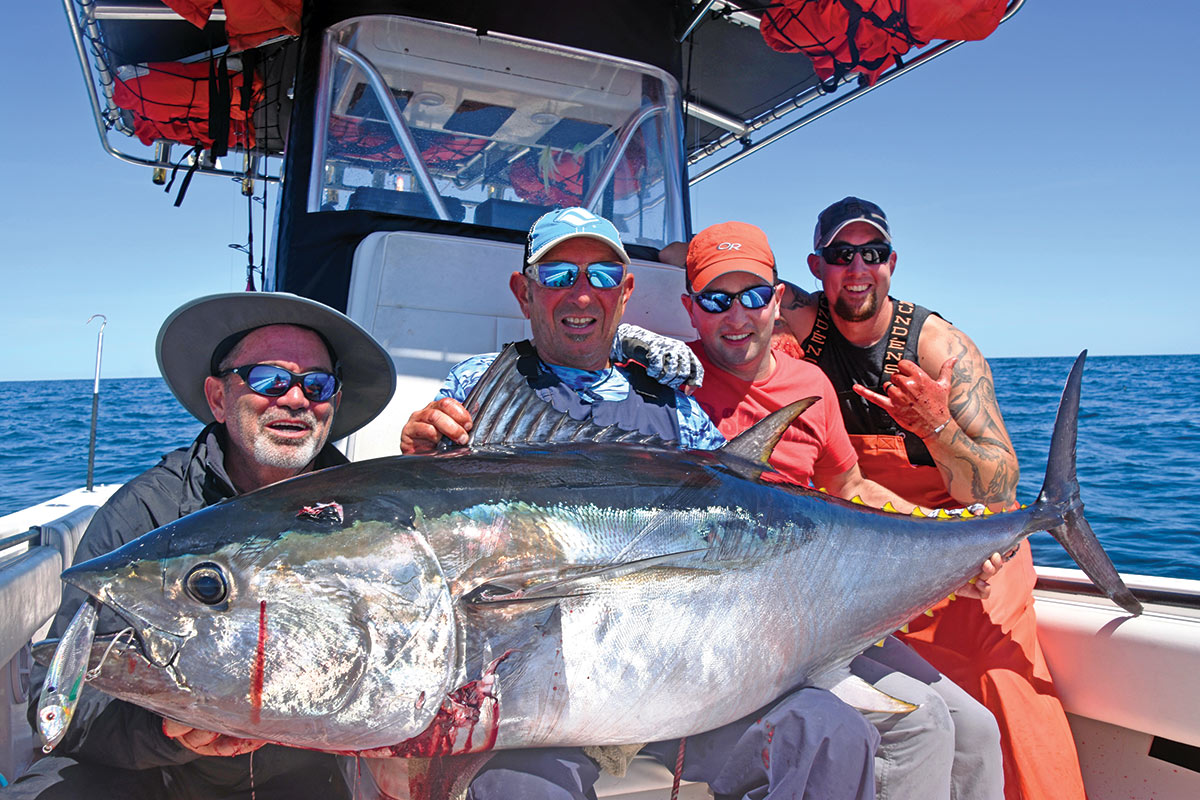
As you’re heading out, discuss expectations and go over assignments. The type of fishing and target species will dictate who does what. On larger species where you may be catching one or two at a time, a leader man and a gaff/release person need to be ready. As the battle ensues they should be discussing and adjusting their plan. Let the fish decide what side of the boat it wants to go to and then flank the angler. As it comes into range have the angler back up (out of the way). When the wireman grabs the line, the angler backs the drag off (just in case the fish takes another run). If the fish cooperates, the second deck hand can come in and gaff or release the fish.
Captain Is Quarterback
He is in control and is responsible for how things will play out. The captain has control of the boat and will spend the entire time watching and moving the boat to provide the best chance of success. If he yells at you, suck it up since he knows many little things can cause you to lose your trophy. You may only have seconds to react, so don’t expect; “please, if you don’t mind, could you please?” Orders will be barked out and need immediate attention to ensure success. Dispense with the niceties and hug it out back at the dock. Believe me there will be plenty of high fiving and hugging at the scales.
During the fight there are simple tasks that often get overlooked and are very much needed. The first is a game coordinator. It is very important that someone gets the cockpit organized. If you are trolling, make sure all the lines are clear and the gear is out of the way. Chum buckets, coolers, and any gear on the deck should be stowed and out of the angler’s way. A clean deck is a safe deck. Plastic bags and chum bucket covers can very easily result in someone losing their footing. Rod leashes and any cleated lines are tripping hazards and should be attended to. Hosing off the deck with a saltwater washdown can help everyone achieve a better foothold. Look around and adjust as needed. Make sure, the tools are out and accessible – cutters, tag sticks, back up gaffs and tail ropes. The wireman and gaff man should have gloves on to prevent injury. If you have an extra crewman, grab a video camera, hit record and hand it to them. “Here you go it’s recording, film what you can.” For years after your trip this video will be priceless.
Calling Audibles
When possible discuss your plan and idea changes with your crew. Getting them involved in the decision process makes the success of the trip even more enjoyable. Explain what’s going on and discuss what the alternative options are. I have placed in several shark tournaments after the crew and I decided to move closer inshore to an area we noted on the way out. We stayed with our initial plan and ran out to a promising spot further offshore. As the day progressed we weren’t excited about the conditions and potential productivity. It is very difficult for shark fishermen to leave a well-established chum slick. Just like a half time locker room discussion we reformulated our game plan, made some adjustments and the second half of the day turned out to be a huge success.
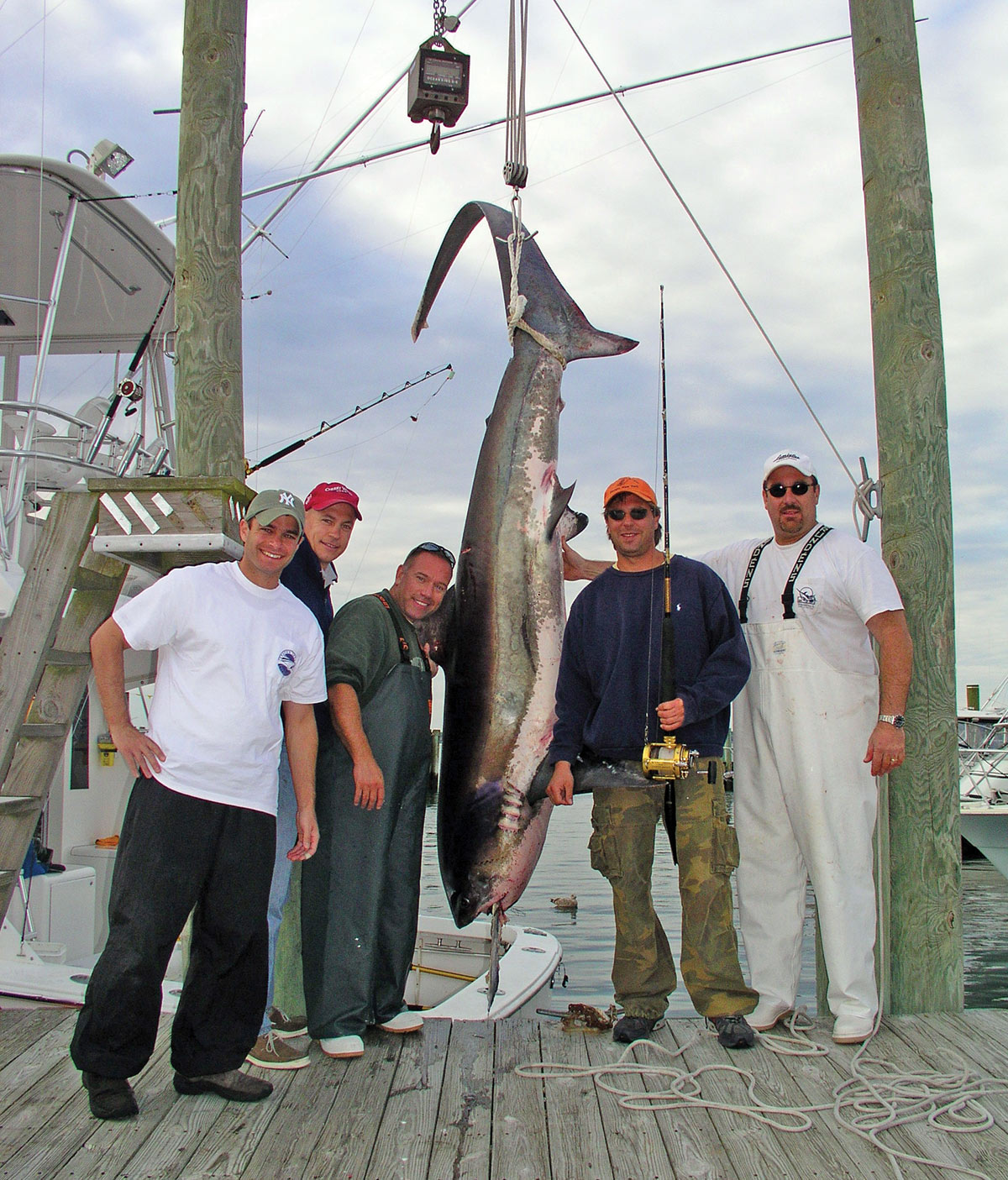
When you sign up for an offshore tournament, you sign up and pay a fee as a boat, not an individual angler. Some tournaments may regulate the size of the crew, but it’s a crew or team that is signing up not an individual. Getting your team involved in as many aspects as possible will enhance the team experience and overall feeling of success and ownership for everyone.
The accompanying tuna photo tells a thousand words. It’s a story of a great day and some amazing team work. John McMurray of One More Cast charters favors popping and jigging for tuna. On this particular trip he had Mark Soley, David Landman, and Cory Crochetiere aboard. Mark Soley was on the rod casting a surface popper and the entire crew was treated to an amazing surface strike that looked like the heavens opened and dropped a piano in the water. Mark came tight on the fish and started the battle. The rest of the crew scrambled to get the boat prepared for the ensuing fight. Since they were not in a tournament or fishing for any type of IGFA records, Scott, David, Cory and Mark took turns battling this behemoth on a Van Staal VSB 250 spinning set up. After two hours of John maneuvering the boat, and the crew fighting the fish, Cory spotted color. As the fish spiraled closer to the aft corner of the boat John grabbed the rigged and ready harpoon. Watching it swim a few circles, John was synced with the fish’s rhythm and was able to toss the dart successfully. The crew further secured it with a tail rope. Once on board after hugs and high-fives, they paused for a moment and snapped the photo. Paying tribute to a mighty fish and themselves for a job well done.
